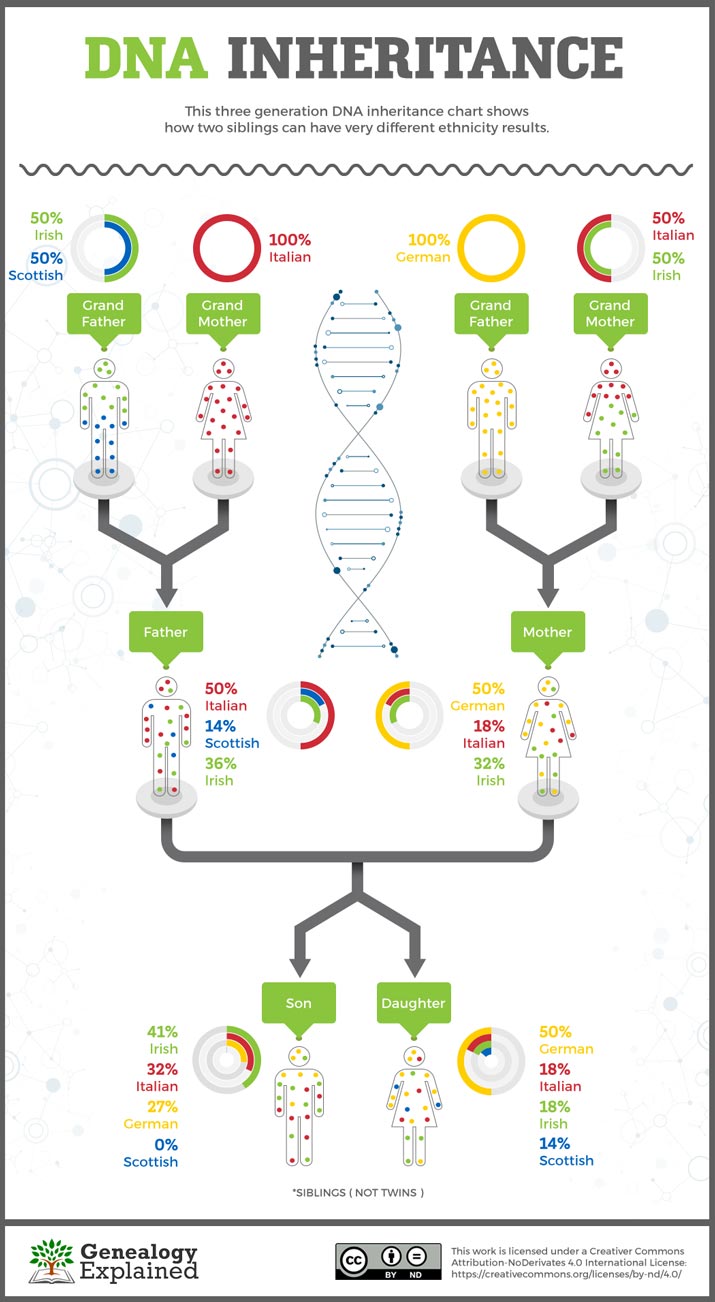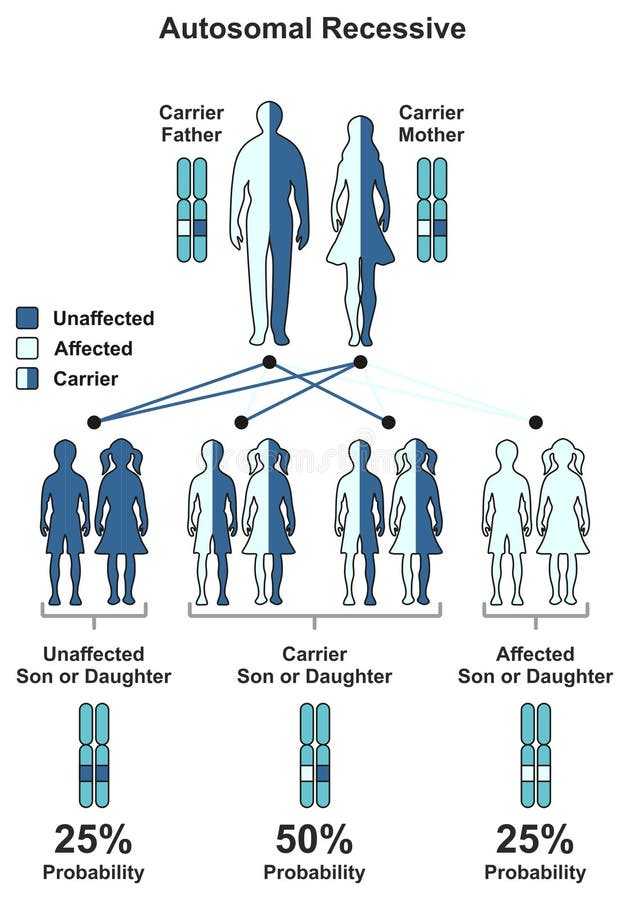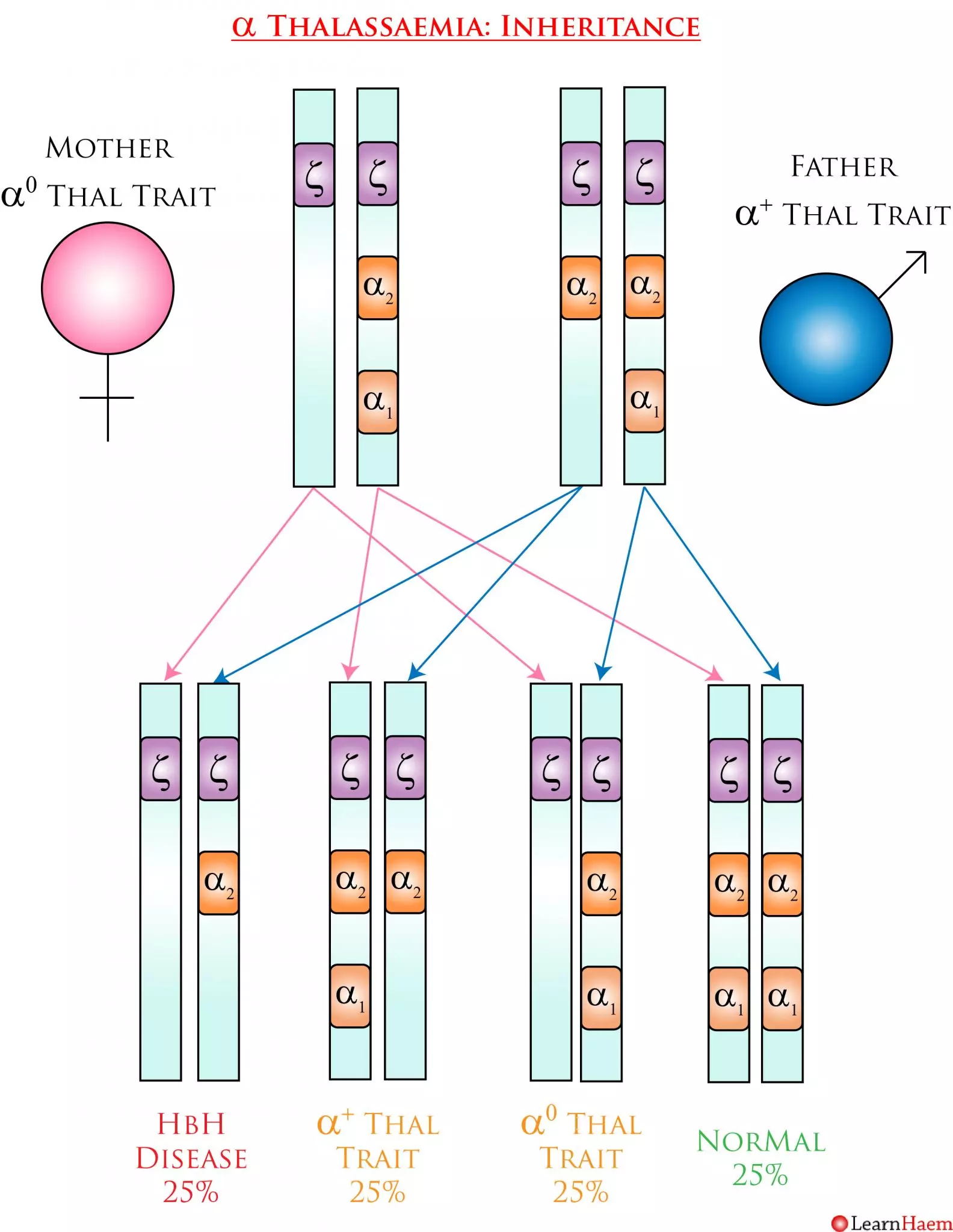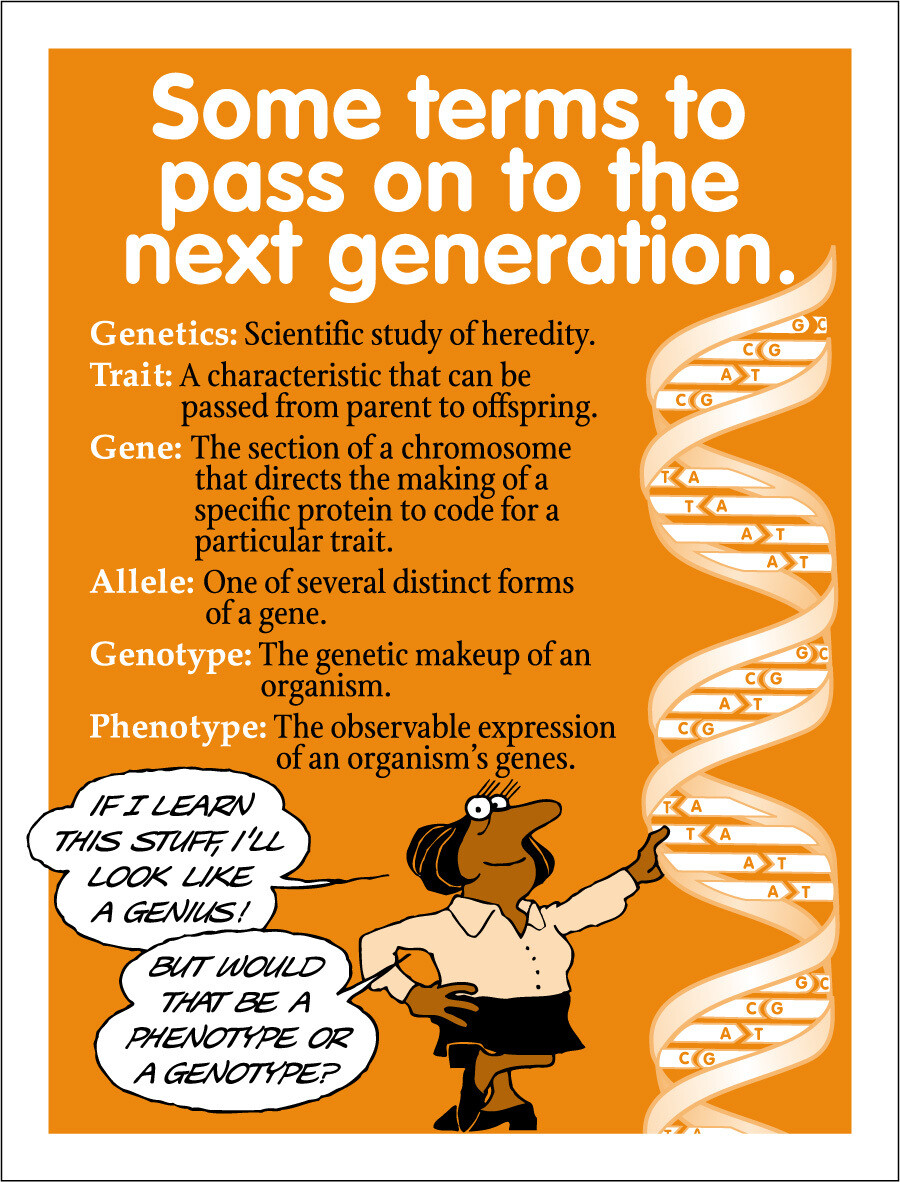Is Hereditary simply a horror film, or is it a meticulously crafted tapestry of grief, trauma, and the insidious nature of inherited darkness? The brilliance of Ari Aster's debut lies in its refusal to provide easy answers, instead opting to immerse the viewer in a disquieting world where the veil between the living and the dead is frighteningly thin, leaving a lasting impact long after the credits roll.
Released in 2018, Hereditary quickly garnered both critical acclaim and widespread audience fascination. It's a film that burrows under your skin, its unsettling imagery and psychological depth surpassing the typical jump-scare tactics often associated with the horror genre. The narrative follows the Graham family as they grapple with a series of increasingly bizarre and tragic events following the death of Annie Graham's mother, Ellen. Annie, portrayed with breathtaking intensity by Toni Collette, is a miniature artist, a profession that serves as a powerful metaphor for the film's exploration of control, manipulation, and the construction of reality. Her husband, Steve (Gabriel Byrne), struggles to hold the family together, while their teenage son, Peter (Alex Wolff), grapples with the weight of his family's dysfunction and the inexplicable events unfolding around him. And then there's Charlie (Milly Shapiro), Annie’s young, eccentric daughter, whose unsettling behavior and peculiar drawings hint at a deeper, more sinister influence.
To better understand the film's impact, we delve into the key figures behind its creation and impact. While it is impossible to give bio data on characters in a movie, we can create a table of film information:
| Aspect | Details |
|---|---|
| Title | Hereditary |
| Director | Ari Aster |
| Release Year | 2018 |
| Genre | Horror, Supernatural Thriller |
| Main Themes | Grief, Trauma, Family Dysfunction, Occultism, Demonology |
| Key Actors | Toni Collette, Gabriel Byrne, Alex Wolff, Milly Shapiro |
| Memorable Scenes | Charlie's death, the seance, Peter's possession |
| Influences | The Omen, Rosemary's Baby |
| Notable Awards/Nominations | Critics' Choice Movie Awards, Saturn Awards |
| Reference Website | IMDB |
The film's intricate plot is layered with symbolism, making the viewing experience a puzzle to be solved. The miniatures crafted by Annie represent her attempt to control and recreate her reality. They mirror the events that occur in the family’s life, foretelling the doom that awaits them. The recurring motif of birds, particularly the unsettling image of a bird being hit by a car, is another example of this symbolism, foreshadowing death and the fragility of life. These details are not mere decorations; they are vital to the film's essence, meticulously planned, and deeply rooted in the narrative's core.
The catalyst for the film's descent into horror is the death of Ellen, Annie's mother, a woman who we gradually learn was not what she seemed. Ellen's presence permeates the film even after her passing, her influence extending from beyond the grave. We discover she was involved with a cult that worshipped a demon named Paimon, a king of Hell, who seeks to inhabit a male host, and that the Graham family has been ensnared in a ritual designed to facilitate this. The film's focus, then, shifts from being a story about grief to one about a family caught in a web of demonic possession.
As the film progresses, the family fractures under the strain. Annie's mental state deteriorates, Peter struggles with guilt and fear, and Charlie's behavior becomes increasingly erratic. The seance scene, a particularly harrowing sequence, amplifies the tension. It's a masterclass in building suspense, with the use of disturbing imagery, unsettling sound design, and the gradual unveiling of the cult's plan. The film’s depiction of grief is visceral and raw, making the supernatural elements that much more impactful.
The core of the film's horror is not found in quick thrills, but in the slow unveiling of a devastating truth. The grandmother, Ellen, was a key figure in a cult dedicated to summoning Paimon. She used her family as the means to bring the demon into the world. This revelation is not simply a plot twist; it is the film's ultimate statement on the destructive nature of inherited trauma and the insidious power of unseen forces. The film exposes the fragility of the family unit and its vulnerability to forces beyond human comprehension.
The ending of Hereditary is a relentless barrage of revelations, culminating in Peter's ultimate possession and the ritualistic crowning of Paimon. Peter is revealed to be the chosen vessel, and the grandmother orchestrated events to ensure Paimon’s successful transfer. The final scenes are disturbing, with the cult members bowing to Peter, who now houses the demon, and the decapitated bodies of Annie and Charlie are found within the treehouse. The meticulous set design, the use of eerie lighting, and the unsettling soundscape converge to create a truly unforgettable cinematic experience.
The treehouse itself is a significant symbol. The miniatures that Annie creates foreshadow the destruction of the family and the ultimate fate of its members. The treehouse is where the final act of the demonic ritual unfolds. It serves as the final place of sacrifice and the ultimate manifestation of the cult's power.
The meticulous craftsmanship of Hereditary extends beyond the visuals. The film's sound design plays a crucial role in creating a sense of dread and unease. The score, the creaks of the house, and the unsettling vocalizations enhance the unsettling atmosphere. It's a testament to Aster's ability to use every cinematic tool to elevate the horror experience beyond mere jump scares. The film’s sound design is integral to its unsettling quality.
Multiple sources, including explanations provided by websites like explainedthis.com, filmcolossus.com, and Vulture, and publications such as /Film, have dissected the complexities of Hereditary, offering various interpretations. They have highlighted the film's themes, analyzed its ending, and examined the symbols that make the film a truly remarkable work of art.
Understanding Hereditary requires one to delve into the film’s intricacies. The miniatures, the treehouse, the cult's motives, and the ultimate goal of Paimon are all pieces of the puzzle. It explores family secrets, the weight of generational trauma, and the battle against malevolent entities. It’s a film that invites multiple viewings and ongoing discussion, making it a landmark in modern horror.
The film's enduring appeal lies in its willingness to explore the darkest corners of the human psyche. Hereditary is a film that stays with you long after you've seen it, prompting reflection on grief, trauma, and the terrifying possibilities that lurk just beneath the surface of everyday life. It challenges viewers to confront their own fears and vulnerabilities, making it a truly unforgettable cinematic experience. The film has earned its place as one of the scariest films of the 21st century.
As a result, the film has created a dialogue among fans and critics. Online forums and social media platforms are filled with interpretations of the plot, hidden meanings, and the artistic brilliance of Ari Aster. The film’s impact is significant, with a lasting impact on the horror genre.



